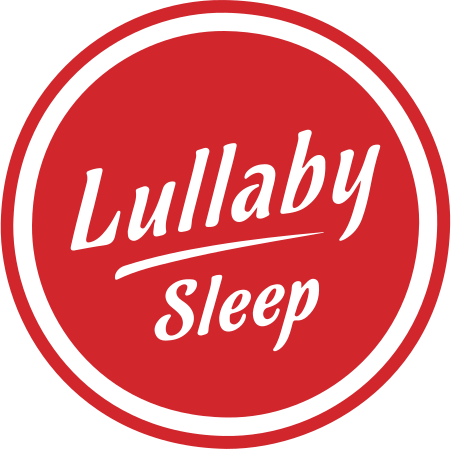We all know the drill. We feel sick, we go to the doctor, we get a blood test and we find out what’s wrong with us so we can receive treatment. But is this process actually giving us the whole picture? As science continues to reveal the plethora of ways in which sleep quality affects our health, doctors are increasingly choosing to send patients for a sleep study in addition to (or instead of) a blood test. The results often reveal that symptoms are being caused by a sleep disorder, and the patient is referred to a sleep specialist to receive a customised treatment plan.
Here are five common complaints that should be further explored by undergoing a sleep study:
Fatigue
Everybody feels tired sometimes, but feeling a bone-deep weariness, an eternal fogginess that never seems to lift is not normal. Far too often, when the cause of the fatigue does not show up in a blood test, patients are mistakenly diagnosed with depression. While depression is one cause of extreme fatigue, it is not always to blame. Anybody who is experiencing unexplained fatigue should undergo a sleep study, as one of the most common causes is sleep apnoea – a condition where breathing stops intermittently during sleep, depriving the brain of oxygen.
Weight Management Problems or Obesity
Weight management can be very complicated and there can be myriad factors which cause a person to gain excessive weight. However, if you are struggling with persistent weight management issues despite making a concerted effort to lose weight, a sleep disorder may be to blame. Those suffering sleep apnoea experience a disruption to their hormones which affects the metabolism as well as inhibiting feelings of satiety. This is a toxic combination which causes excessive hunger while also slowing down the body’s ability to metabolise the energy consumed. Sleep apnoea can only be diagnosed through a sleep study, making it an essential diagnostic tool for those struggling with their weight.
High Blood Pressure
There is an extremely strong link between heart disease, high blood pressure and sleep apnoea. Sleep apnoea causes the heart to work overtime to try to deliver oxygen to the brain, putting a strain on the cardiac system. Once sleep apnoea has been identified through a sleep study, treatment can begin almost immediately, relieving the strain on the heart and drastically improving cardiac health.
Snoring
Snoring is the most obvious symptom of a sleep disorder, yet surprisingly many sufferers never think to tell their doctor about their snoring, or undergo a sleep study. There is a common misperception that snoring is ‘normal’ and not a health issue requiring treatment. If snoring is infrequent and mild, it probably doesn’t pose a health risk, but anybody snores more than once a week should be aware that this is not normal and may indicate a serious health disorder. Snoring is one of the most common symptoms of sleep apnoea, which can impact weight, mood, heart health and many other aspects of wellbeing. All habitual snorers should ask their GP about getting a sleep study or seek a consultation with a sleep specialist.
Sex Drive and Relationships
Tiredness is one of the most common causes of a reduced sex drive, especially in men. Sleep deprivation (which can occur even without you realising) can lead to a drop in testosterone and consequently, a drop in sex drive. Improving sleep quality will boost HGH levels and testosterone and will work wonders for your sex life.
The snoring caused by sleep apnoea can also cause serious damage to relationships, as the sound usually disturbs the sufferers’ sleep partner, sometimes even forcing them to sleep in a separate room. Sleep apnoea treatment drastically reduces snoring and has been shown to have an incredibly positive effect on countless relationships.
Sleep disorders are the hidden cause of many serious health issues and can only be diagnosed through a specialised sleep test. More often than not, suffers have no idea that they are not getting adequate sleep. This is because sleep apnoea causes the body to stop breathing and briefly wake up multiple times throughout the night. These tiny awakenings are usually not remembered by the sufferer, so they will have the impression that they slept throughout the night, despite often feeling tired when they wake in the morning. The good news is, once identified, there are many highly effective treatments which can deliver drastic improvements almost immediately.
While your GP may refer you for a sleep study, you do not need a referral to undergo a sleep study. Dr Levi offers at-home sleep studies that allow you to sleep in your own bed while undergoing the test, rather than spending the night in the hospital.
Find out more about our sleep tests or call us at 9283 1900 to book a consultation with Dr Levi.

